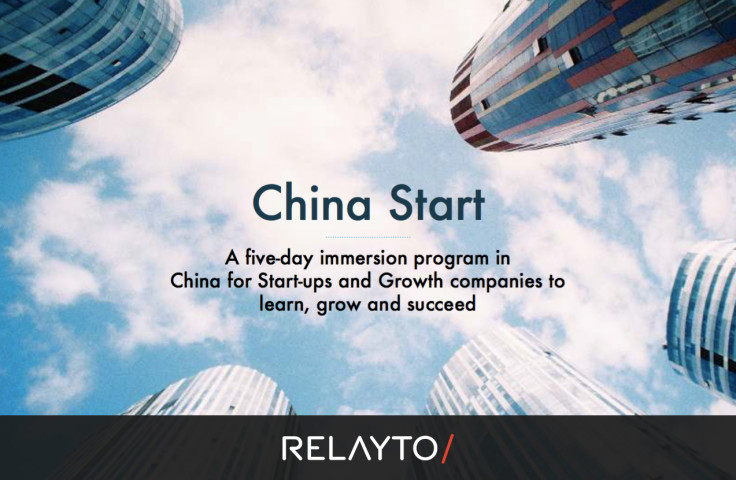Apple is big in China because it's only really competing with Samsung
Dr Richard Windsor of Radio Free Mobile predicts a Baidu, Alibaba, Tencent battle for Chinese Digital Life.
Apple with the iPhone is the only foreign company to really have made a success of itself in China. Of course the iPhone is a great product and Chinese consumers caught the fever as fully as anyone. But Apple has mostly avoided going head to head with Chinese companies. To do so is not a recommended strategy, a fact borne out by a string of precedents, the most recent being the roadblock encountered by the supposedly unstoppable Uber.
As technology and Internet analyst Dr Richard Windsor of Radio Free Mobile points out, when Apple got its market share it took it away from Samsung – and that's not a threat.
He went on to say that "Chinese Digital Life" is now an area is completely dominated by three companies: Baidu, Alibaba and Tencent (BATs), who will gradually compete more aggressively with one another as growth slows down. As far as foreign companies are concerned, the Chinese digital life ship has probably sailed, unless they have something very specific and very different.
Windsor, who was speaking at the Cheung Kong Graduate School of Business (CKGSB) inaugural "China Start" programme in Beijing, pointed to some key differences, such as access and control, while giving a snapshot of the market. He said: "If you look at the quality of fixed and mobile access in China versus the rest of the world, they are completely reversed."

China is predominantly a mobile market with better penetration of broadband via mobile devices than fixed. There is also faster average speed over cellular connection and lower latency.
"Predominantly when people in China go to do something in the digital world, they pick up their mobile phone first. That's not generally true in the rest of the world; most people will go fixed first, and then mobile if fixed is not available.
"Mobile is a better user experience for them and that's a key fundamental difference; it's exactly the opposite of the US," said Windsor.
Another difference is no power of default in the Chinese market. Elsewhere you are either an iPhone user or a Google user and your ecosystem comes pre-installed on the device. In the Chinese market you're nothing, because the device comes blank with nothing on it.
In developed markets, there's a very strong propensity to use a service if it's pre-installed on the device. "A good example is Apple Maps," said Windsor. "Apple Maps is a vastly inferior service to anything else out there, but it has gained market share. Why? Because it's on the phone when it ships and set as default, even though it's inferior.
"This currently does not really exist in China at all. If you look at all the services and digital life that people use, they download everything. And this is how I think the market may potentially evolve going forward."
The control factor is another key differentiator. When Google famously walked away from China it was about control. The Golden Shield project also known as the Great Firewall of China turns off west coast libertarians and the result is an ecosystem of users making up a market already very well penetrated with no foreign interference at all. Apple is present but its ecosystem is blocked with the exception of Apple Maps making it a very high margin device maker and little more. This market looks set to emerge as Chinese digital life services for Chinese users by Chinese companies.
Another notable factor is privacy. In the Chinese market no one seems to really care about privacy. That means that certain services that work in China will not work overseas because people are just more sensitive about their privacy than they are in China.
Battle lines are being drawn between BATs companies, and more aggressive competition among them is bound to happen. Unlike the US and Europe where users are either in the iOS ecosystem or Android, in China everybody uses everything.
For instance, some 90% of all Chinese users used Baidu search; 85% of everybody uses WeChat; and 53% uses Alibaba. Windsor added: "There isn't any being in one camp or the other. Everybody is in every camp, which really means those companies have got a long way to evolve.
"People say Xiaomi has got a great ecosystem. Well not as far as I can see. They may have some of the digital life assets but they have no real engagement. Out of the China digital life pie China Mobile holds a tiny 2%."
© Copyright IBTimes 2025. All rights reserved.






















